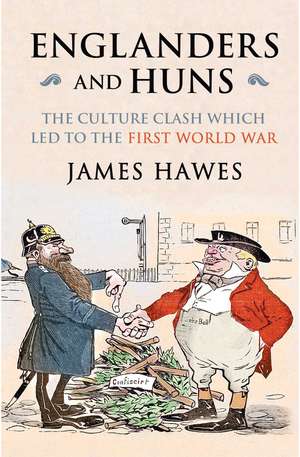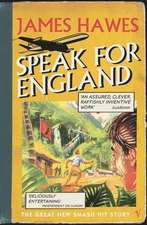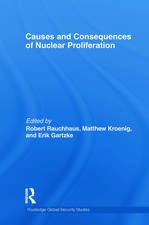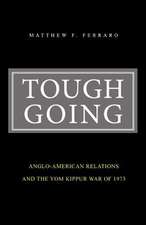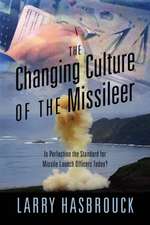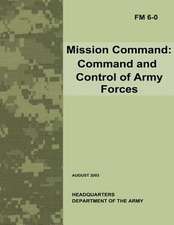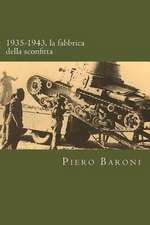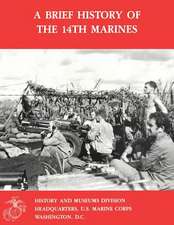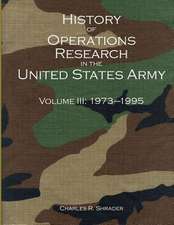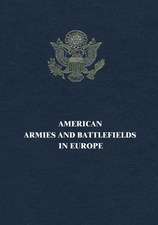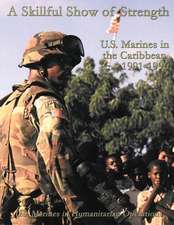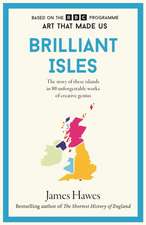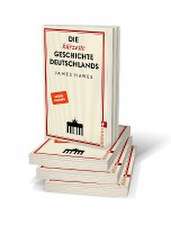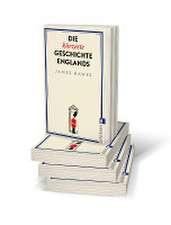Englanders and Huns: The Culture-Clash which Led to the First World War
Autor James Hawesen Limba Engleză Paperback – 29 ian 2015
Half a century before 1914, most Britons saw the Germans as poor and rather comical cousins - and most Germans looked up to the British as their natural mentors. Over the next five decades, each came to think that the other simply had to be confronted - in Europe, in Africa, in the Pacific and at last in the deadly race to cover the North Sea with dreadnoughts.
But why? Why did so many Britons come to see in Germany everything that was fearful and abhorrent? Why did so many Germans come to see any German who called dobbel fohltwhile playing Das Lawn Tennisas the dupe of a global conspiracy?
Packed with long-forgotten stories such as the murder of Queen Victoria's cook in Bohn, the disaster to Germany's ironclads under the White Cliffs, bizarre early colonial clashes and the precise, dark moment when Anglophobia begat modern anti-Semitism, this is the fifty-year saga of the tragic, and often tragicomic, delusions and miscalculations that led to the defining cataclysm of our times - the breaking of empires and the womb of horrors, the Great War. Richly illustrated with the words and pictures that formed our ancestors' disastrous opinions, it will forever change the telling of this fateful tale.
Preț: 47.91 lei
Preț vechi: 76.66 lei
-38% Nou
Puncte Express: 72
Preț estimativ în valută:
9.17€ • 9.60$ • 7.59£
9.17€ • 9.60$ • 7.59£
Carte disponibilă
Livrare economică 21 martie-02 aprilie
Preluare comenzi: 021 569.72.76
Specificații
ISBN-13: 9780857205292
ISBN-10: 0857205293
Pagini: 448
Ilustrații: b-w integrated
Dimensiuni: 130 x 198 x 1 mm
Greutate: 0.3 kg
Editura: Simon&Schuster
Colecția Simon & Schuster UK
ISBN-10: 0857205293
Pagini: 448
Ilustrații: b-w integrated
Dimensiuni: 130 x 198 x 1 mm
Greutate: 0.3 kg
Editura: Simon&Schuster
Colecția Simon & Schuster UK
Descriere
Agripping social, cultural and political history of how Britain and Germany, two nations with such close ties, ended up fighting World War One
